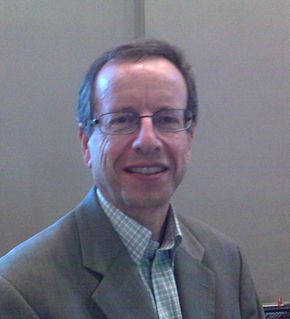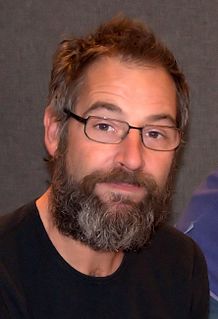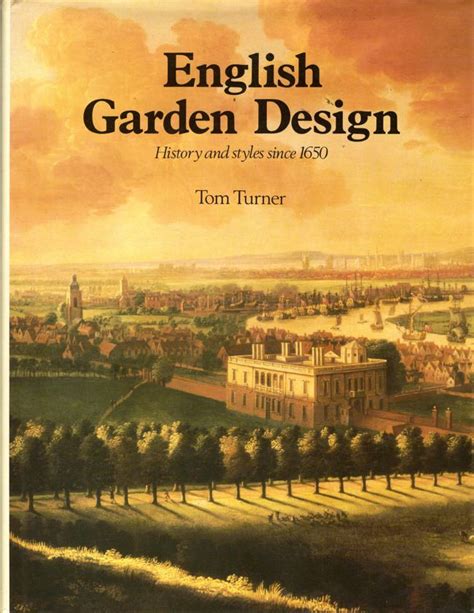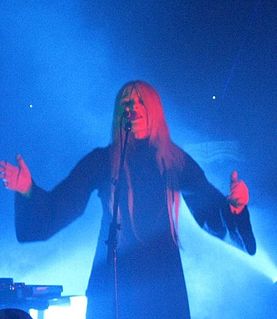A Quote by Michael Schudson
It should be apparent that the belief in objectivity in journalism, as in other professions, is not just a claim about what kind of knowledge is reliable. It is also a moral philosophy, a declaration of what kind of thinking one should engage in, in making moral decisions. It is, moreover, a political commitment, for it provides a guide to what groups one should acknowledge as relevant audiences for judging one's own thoughts and acts.
Quote Topics
About
Acknowledge
Acts
Also
Apparent
Audiences
Belief
Claim
Commitment
Decisions
Declaration
Engage
Groups
Guide
Journalism
Judging
Just
Kind
Knowledge
Making
Moral
Moral Decisions
Moral Philosophy
Moreover
Objectivity
Other
Own
Philosophy
Political
Professions
Provides
Relevant
Reliable
Should
Thinking
Thoughts
Related Quotes
Any good broadcast, not just an Olympic broadcast, should have texture to it. It should have information, should have some history, should have something that's offbeat, quirky, humorous, and where called for it, should have journalism, and judiciously it should also have commentary. That's my ideal.
I feel that all knowledge should be in the free-trade zone. Your knowledge, my knowledge, everybody's knowledge should be made use of. I think people who refuse to use other people's knowledge are making a big mistake. Those who refuse to share their knowledge with other people are making a great mistake, because we need it all. I don't have any problem about ideas I got from other people. If I find them useful, I'll just ease them right in and make them my own.
The foundation of leadership is your own moral compass. I think the best quality leaders really know where their moral compass is. They get it out when they are making decisions. It's their guide. But not only do you have to have a moral compass and take it out of your pocket, it has to have a true north.
Is it not manifest that our academic institutions should have a wider scope; that they should not be timid and keep the ruts of the last generation, but that wise men thinking for themselves and heartily seeking the good of mankind, and counting the cost of innovation, should dare to arouse the young to a just and heroic life; that the moral nature should be addressed in the school-room, and children should be treated as the high-born candidates of truth and virtue?
Planners and designers should encourage as much diversity in human habitats as they find in animal habitats. It is not possible to resolve all conflicts or to gain all ends. Choices have to be made. Different aspects of the public good should be stressed in different places. To achieve variety in land use patterns, there should also be a variety of relationships between the professions, not an institutionalized decision-making tree. Relationships between the constructive professions should, therefore, be deconstructed.
Where philosophy ends, poetry must commence. There should not be a common point of view, a natural manner of thinking which standsin contrast to art and liberal education, or mere living; that is, one should not conceive of a realm of crudeness beyond the boundaries of education. Every conscious link of an organism should not perceive its limits without a feeling for its unity in relation to the whole. For example, philosophy should not only be contrasted to non-philosophy, but also to poetry.
The children's lessons should provide material for their mental growth, should exercise the several powers of their minds, should furnish them with fruitful ideas, and should afford them knowledge, really valuable for its own sake, accurate, and interesting, of the kind that the child may recall as a man with profit and pleasure.






































